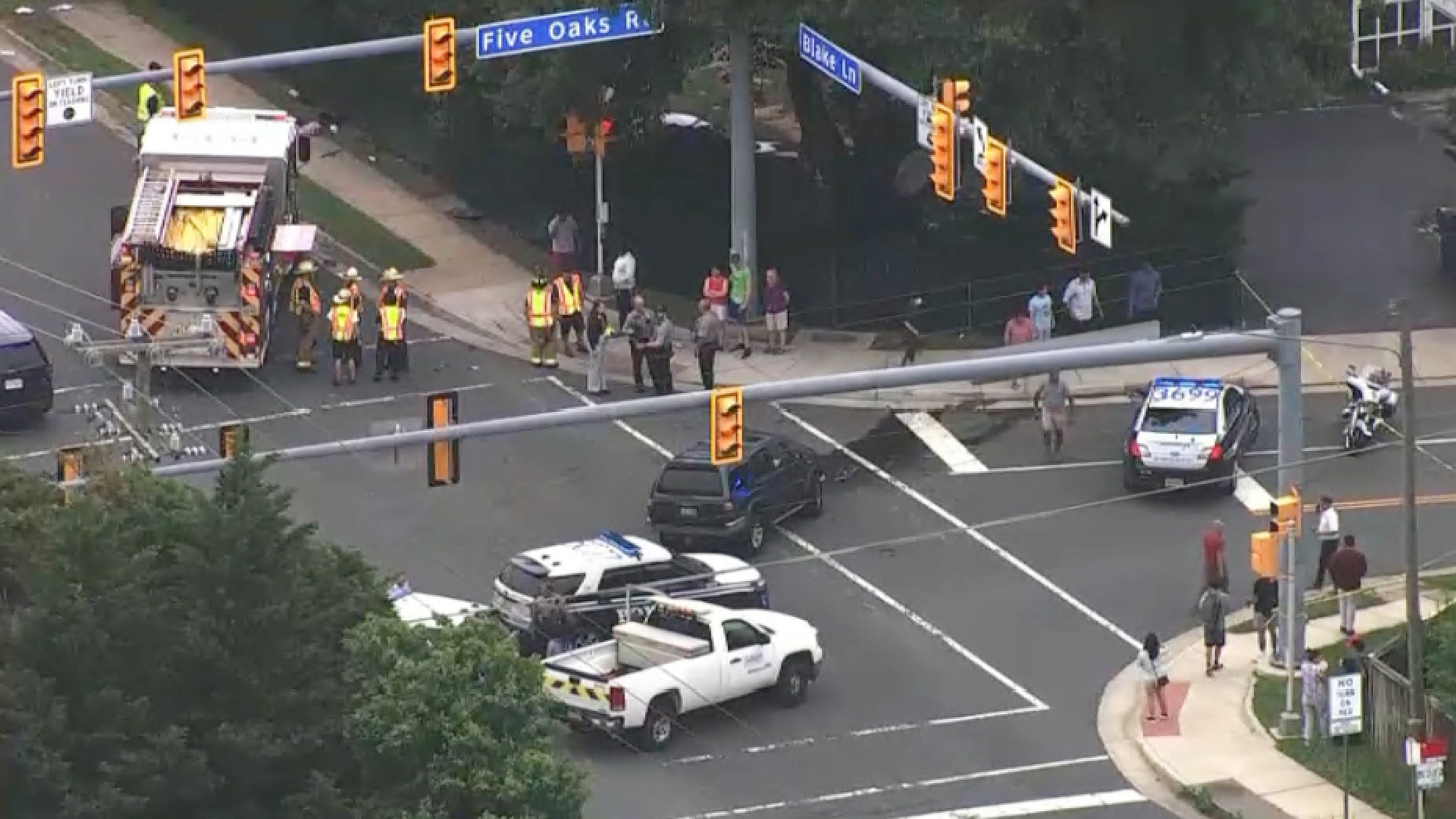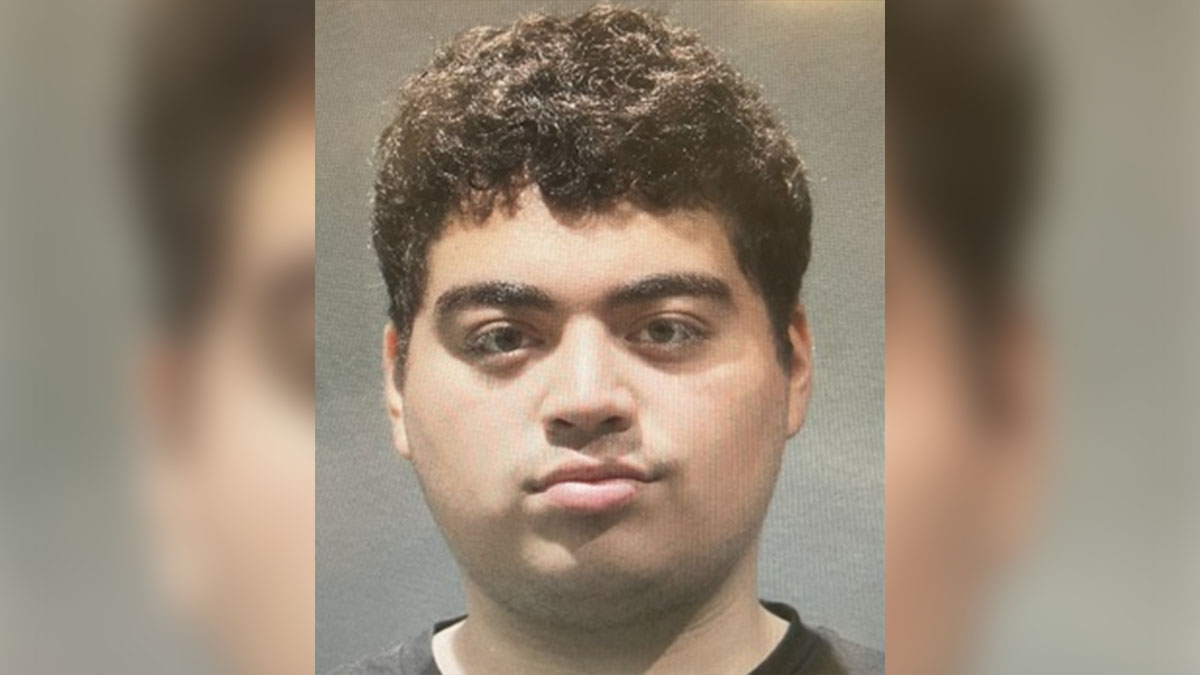Harry Jaffe, a longtime chronicler of the people and politics of Washington, D.C., writes an occasional column for NBC Washington's First Read DMV blog.
Mayor Muriel Bowser has scheduled the first community meeting Tuesday night to help her choose the next public school chancellor, arguably the most important pick she will make. It's not as consequential as a Supreme Court nomination, of course, but as close as we get in the city around the high court.
More than a few school activists believe the fix is in.
"It doesn’t look like there's a real search going on," said Mary Filardo, executive director of the 21st Century School Fund. "There seems to be a strong desire to stay the course."
That might not be the worst outcome. In the past decade -- since then-Mayor Adrian Fenty put DCPS under mayoral control -- the District’s public schools are much improved in measurable and immeasurable ways. More on that later.
Our rookie mayor suddenly has to fill two major leadership posts. Police Chief Cathy Lanier resigned a few weeks ago and leaves Sept. 17, after a decade. Kaya Henderson served seven years and splits by the end of the month.
I would argue Bowser’s choice to run the schools is much more important for the District's future. You need a cop when you need a cop; you need educators every day. Bowser’s choice to run the schools will reverberate beyond the schools. As the schools go, so goes the District's middle class.
Local
Washington, D.C., Maryland and Virginia local news, events and information
"The fate of the schools will determine the fate of the city," said Matthew Frumin, a former DCPS parent who’s been a school advocate for years. "They are inextricably tied. Housing affordability is wrapped up in schools. Whether firemen and police officers and our work force can live in the city is dependent on the public schools."
Public schools have failed generations of African Americans. Who will prepare the net generations to succeed in the digital world?
To tweak James Carville’s line: "It's the schools, stupid."
School advocates measure the success of the leadership on how well it does at closing the achievement gap between white middle class students and less advantaged kids of color. To that I would add the "trust gap."
Can parents, regardless of their race or class, trust the schools to educate their children beyond fifth grade into middle and high school? As children approach the end of their elementary school years, parents weigh whether to send them to public, charter or private schools. Too many move out of the District, diluting the middle class and consigning D.C. to a city of transients.
In the 2015 school year the system lost more than 16 percent of its student body by the eighth grade, according to a study by the Chief Financial Officer, "especially between grades 5 and 6."
The Washington Post branded it the "sixth grade brain drain."
For the health of the District, closing that drain is as crucial as narrowing the achievement gap for the next school leader.
Who will be that next leader?
Filardo joined other activists in the Coalition for D.C. Public Schools and Communities in an Aug. 11 letter to the mayor suggesting five essential qualities for the next chancellor. Many were veiled criticisms of the last decade’s leadership: three years under Michelle Rhee and seven with her colleague Kaya Henderson.
The letter derided closing of schools “especially in wards east of the river.” Rhee and Henderson closed dozens of schools, because they were rotting and empty. It called for a well-rounded education for every student, which "will require a commitment to additional accountability measures beyond test scores and graduation rates." Rhee and Henderson were big on data.
I asked Filardo is she was pleased with Henderson’s stewardship over the past seven years.
"I know things could be worse," she responded. "But she was not qualified for the job. She learned on the job. It was amateur hour."
That’s harsh, even in the view of Frumin, one of the founders of the group that sponsored the letter. He said some of the advocates are "stepping on their goals."
"We've had ten years of one approach," he said. "What’s needed now is to truly step back and investigate what’s worked, who’s succeeded and who’s fallen behind, rather than congratulating ourselves and pointing at the good things.
"Not everything’s been successful," he adds. "We have to be methodical."
Agreed, but even the harshest critics have to admit the District’s public schools are vastly improved. Before Fenty took over in 2007, schools often failed to open on time because the buildings were unsafe. Parents stocked toilet paper and water bottles in their kids’ backpacks. On cold days my daughters wore coats all day because boilers failed. They had teachers who told them to put their heads down and rest -- in science class.
No more. There are new athletic fields and school buildings across the city, from Ballou High School in Congress Heights to Wilson High in Tenleytown. Plenty of terrible teachers were forced out. Was it pretty and without pain? No. But the school system is no longer failing to give students the opportunity to learn, in buildings that are safe and sound.
Henderson’s team has closed the achievement gap, but not enough for some activists. There is no quick fix. It might take another decade.
In the past decade, Rhee and Henderson and their teams have reversed the loss of students. From just over 45,000 in 2011, enrollment has increased a few hundred a year and is headed to 50,000. Henderson sent 400 8th and 11th graders to study abroad programs in Costa Rica, Ecuador, Spain, China and Europe. The plan to send 500 next summer. They have opened two new middle schools with plans to build more.
So what’s the mayor to do? If there was a time to be like her mentor, Adrian Fenty, now is the time.
Undertake a nationwide search. Be transparent. Use the opportunity to set out goals for the next decade. Shield the process from politics. To quote Michelle Rhee, with whom I collaborated on a book, put students first. Pick a strong leader who can withstand meddling from the council and your own bureaucracy.
Consistency counts. For decades before Fenty, school superintendents passed through the District like Redskin coaches: there were Becton and Ackerman, Vance and Smith, and Clifford Janey in the decade before Rhee. Having Kaya Henderson at the helm for seven years was a gift.
Frumin has fond memories of one thing Fenty and Rhee brought: intensity.
"Let's hope the new chancellor brings a new sense of urgency," he said, "based on the lessons we learned."
Bowser can fire up that sense of urgency.
If the search leads her to choose someone from Henderson’s team, let’s hope she has the strength to trust herself. In a system that’s moving in the right direction, change for the sake of change is unfair to students, and it might stall the city’s chance to grow a strong middle class.
No pressure.



